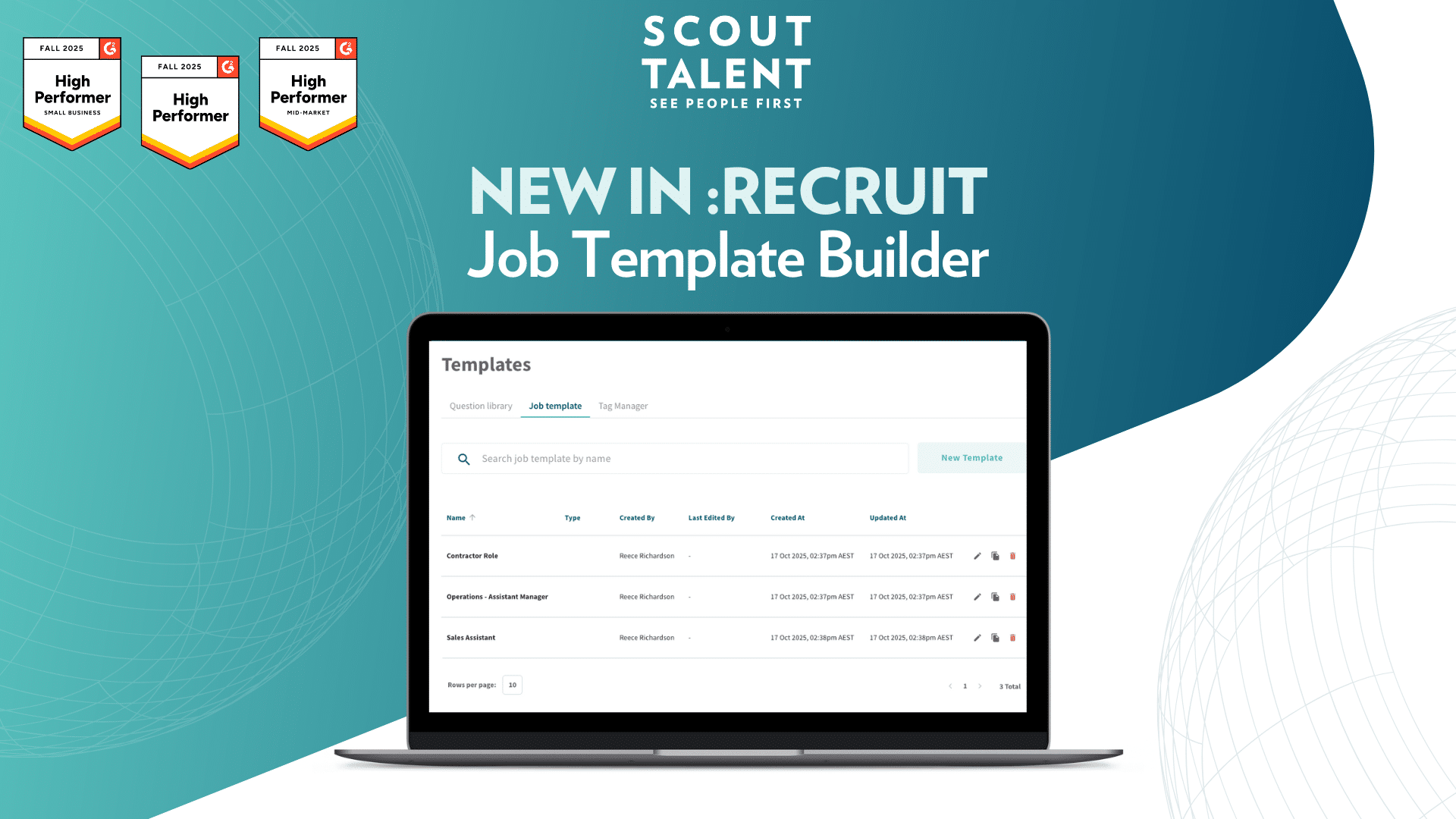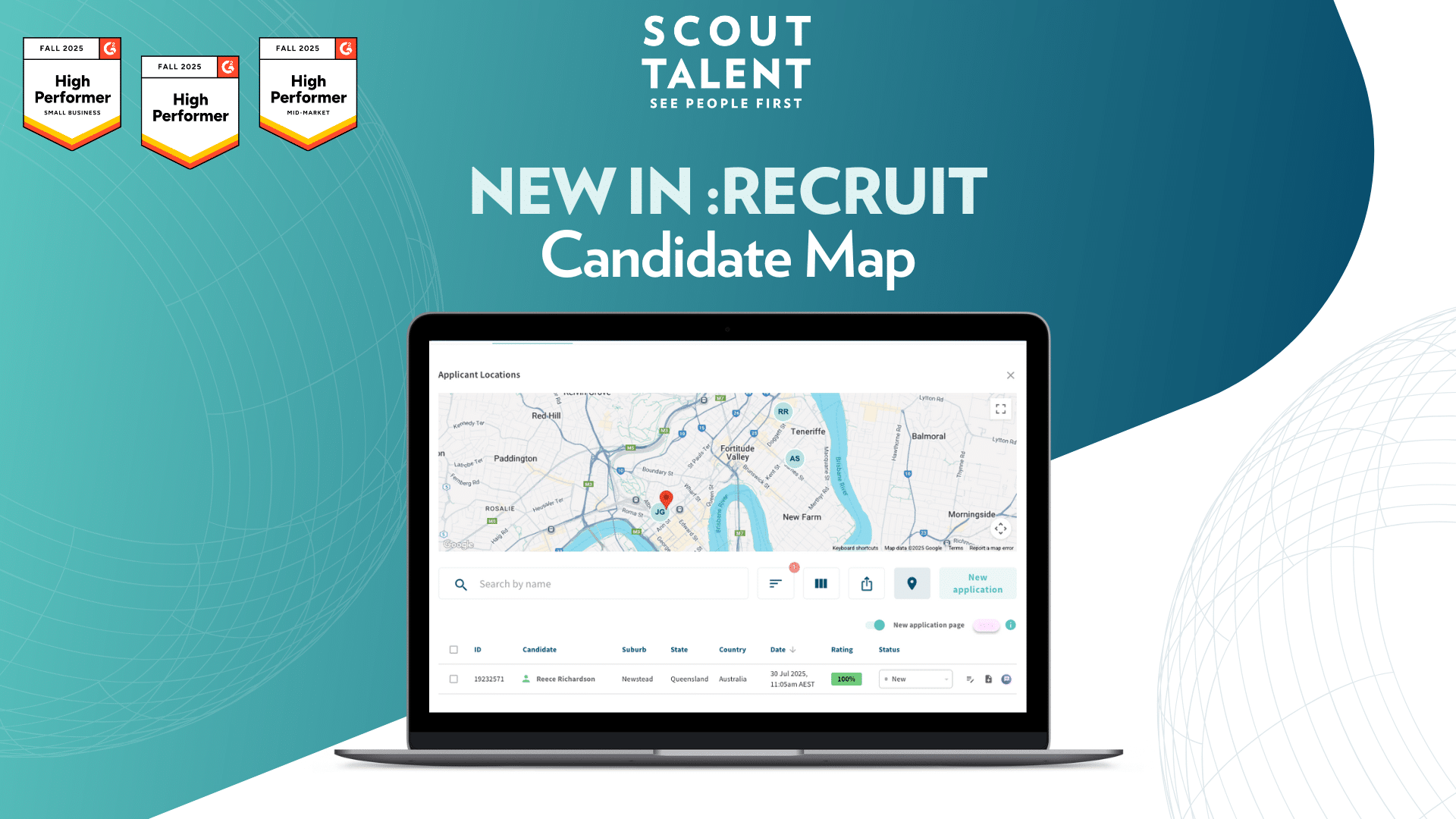Recruitment at an Executive level can often feel like a large and overwhelming task. There are many HR professionals that start to feel incredibly uncomfortable at the prospect of having to recruit a C-Suite team member, the leader of an organization, or new board members. A sense of discomfort is somewhat understandable as the process is different from a more standard recruitment cycle but that said, executive recruitment is not something to dread. When it comes to executive recruitment you don’t need to reinvent the recruitment wheel but you do need to take into account some nuances and tailor your overall process towards the executive audience that you’ll be working with.
Assess your own skill-set
As I’ve said, the first thing that many recruiters experience when executive recruitment is looming on the horizon is apprehension of some form. That means the first thing you need to do when beginning the search for a new executive is to assess your own skillset.
If you’re a seasoned recruiter or HR professional then shake off that sense of imposter syndrome because you are more than able for this undertaking. If however, you’re a bit newer to the world of recruitment it might be time to reach out to a third-party recruitment consultant, like ourselves here at Scout Talent, to help you through this process.
Start with the facts
As with all strategic hires, it is paramount to start with a fact-finding mission. The important people to speak to will vary by organization and by role but establish your stakeholders.
From this group work out exactly who it is that you’re looking for and what their primary goal is and what will be expected of them at 30, 60, and 90 days. Senior executives are a driven group, they’ll want to know exactly what their targets are and what will be expected of them so make sure you have this information to hand.
When trying to establish a primary goal of the role think along the lines of what are the growth plans of the organization and how this new hire can help the organization achieve them. Once that information is gathered, establish what your interview process will be. How many rounds of interviews will there be and who will be involved at each stage. Make sure those individuals have enough availability to actually carry out their interviewer function. Finally, establish who the key decision-makers will be and what criteria shortlisted candidates will be compared by.
Candidate attraction
With your fact-finding mission complete it is time to move on to Candidate Attraction. I say this all the time but I truly mean it here, your job description cannot be a copy and paste template for sourcing executives.
You need to earnestly write about where your organization is and where you expect it to go. Weave the mission statement and goals of this new hire through the job description. If you want a new CEO to come in and transform your organization so that it is ready to be sold in 4 years’ time then talk about that. If you want your new Chief HR Officer to make your organization the number one employer in the region then make sure that’s clear throughout your job description. Whatever the high-level goal or goals are, that is what your job description should revolve around. A good and challenging goal is appealing to a senior executive because if they achieve the goal it becomes part of their story for future opportunities.
Screening questions
It’s worth noting here that your screening questions if you’re using them, and your initial screening interview must be appropriate for the calibre of candidate that you are attempting to recruit. As an example don’t ask a senior executive for an example of a time that they displayed leadership but maybe do ask them for an example of a time they transformed an organization to make it either more efficient or profitable. Scale up to what you’re asking to the sort of person that you’re looking for.
Interviews
When carrying out your first or second interview ensure that you know the package available for this role inside and out as well as what the estimated timelines over your overall recruitment process will be. Senior executives will not be willing to just give you their salary expectation, they’ll likely want to haggle. Know what you can offer inside and out and be very clear on what you have the capability to haggle on and what the candidate will have to wait until later interviews in order to discuss.
Similarly, know what your recruitment timeline looks like and how many rounds of interviews are expected, know who those interviews will be. Senior executives are choosey and tend to be a little bit more forgiving to long recruitment timelines but you should still be able to demonstrate up front that there is a plan in place.
Skills testing and onboarding
Moving into the final stages of your recruitment process it is important to be as extensive with your testing and reference checks as you can be. There is nothing more detrimental to an organization’s future than a leader who interviews well but is actually incompetent. At a minimum, you should speak to three references and grill them thoroughly. It’s also very worthwhile to carry out appropriate behaviour testing in order to be absolutely certain that every member of your shortlist is going to be a good culture fit.
By this point, you’re likely getting close to making an offer to your chosen candidate. Don’t breathe a sigh of relief just yet, your chosen candidate has likely been interviewing you just as much as you’ve been interviewing them. Don’t act like they’ve joined you until you have a contract signed. Also, once more, be prepared to negotiate. Your new hire may want an increase to their salary or guarantees around bonuses. Know where you can negotiate and what you can move on. Do your research and know how much value your potential new hire is worth.
Conclusion
Executive recruitment can be daunting and it does require a certain elevation of a standard recruitment process. But the bones of the process and how to approach it are the same.
Know your audience, know what you can offer, know your timelines, and know when you’re out of your depth. If executive recruitment is something you’re not ready to scale up to just yet then rest assured that there are plenty of resources you can avail of and external agencies like ourselves that you can lean upon.
If you’re interested in outsourcing your recruitment process, please do get in touch and our specialists would be happy to tell you how they would go about securing the future leadership of your organization.
To make sure that you don’t miss an episode of The Talent Scout in 2021, sign up below.




